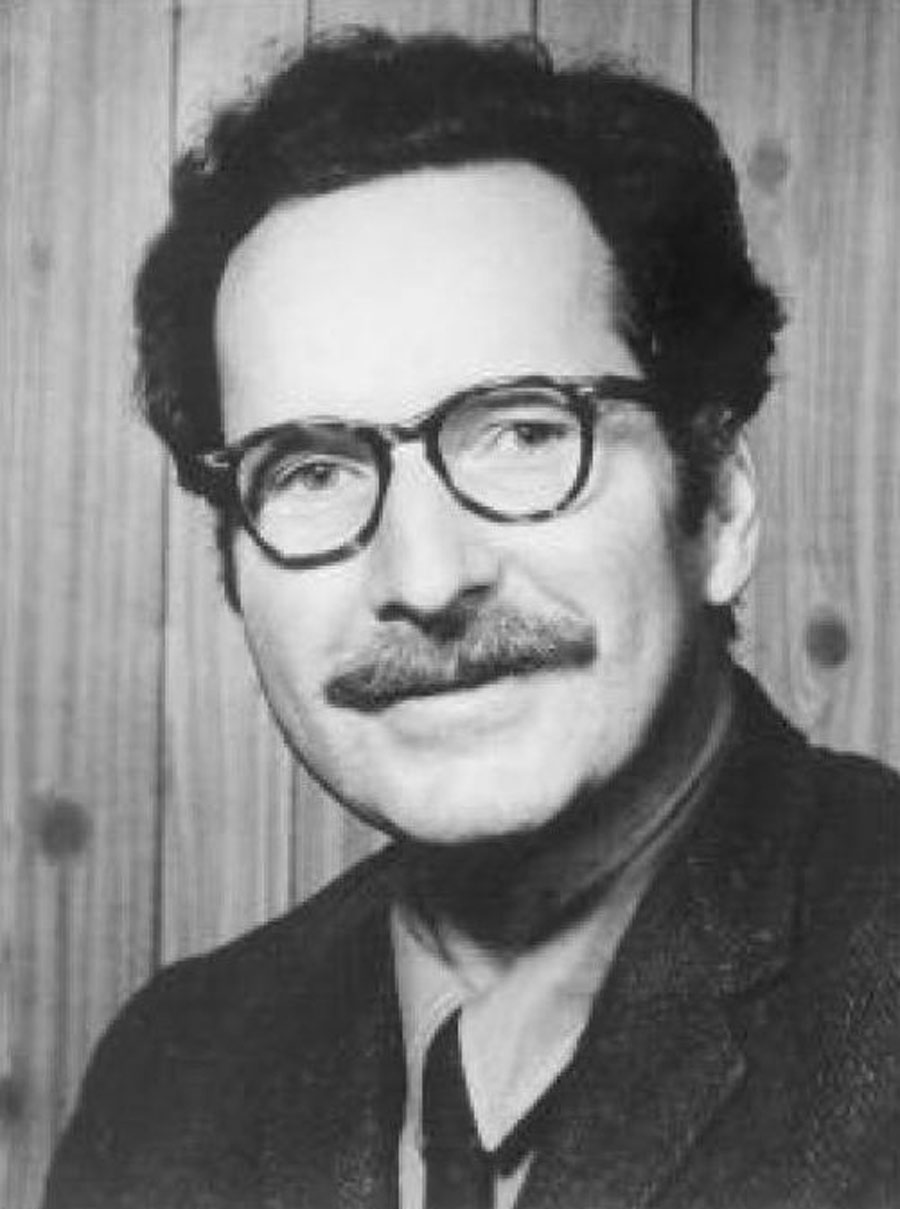The views expressed in our content reflect individual perspectives and do not represent the authoritative views of the Baha'i Faith.
Multiple research studies show that people who believe in a life after this one generally tend to be happier than those who don’t.
Which stands to reason, after all. If you strongly believe that life continues after our physical bodies die, then you have something to look forward to rather than something to fear.
The Baha’i teachings say that we should view death, not with fear, but as a messenger of joy:
O Son of the Supreme! I have made death a messenger of joy to thee. Wherefore dost thou grieve? I made the light to shed on thee its splendor. Why dost thou veil thyself therefrom? – Baha’u’llah, The Hidden Words, p. 11.
This remarkable idea—that we should not fear death—conforms with a relatively new psychological premise called Terror Management Theory, or TMT. TMT focuses on the one basic human psychological conflict common to everyone: we all have a strong desire to live, but we know we’re going to die. All of our physical instincts tell us that self-preservation is paramount, and this fundamental conflict of live vs. death produces terror in our hearts and souls.
Interestingly, TMT only occurs in us humans. As far as we know, no other living being can recognize its own impending physical death at some point in the future, and then contemplate what happens next. Only human beings have that unique distinction. The experts call it mortality salience, an existential anxiety brought on by the fear of our own extinction.
TMT describes the core human dilemma—our self-consciousness makes us aware that our self-consciousness may one day cease.

Ernest Becker
Life presents us with that central dilemma: how do we manage this prospect of our own death, so fraught with terror? According to the scientists, and to writers and social anthropologists like Ernest Becker, author of the Pulitzer Prize-winning book The Denial of Death, we manage our TMT by creating culture. Our cultures—symbolic systems that give life meaning through participation in something larger and more lasting than any individual—help us symbolically manage the impending terror of death by allowing us to take part in something that will endure.
We build our civilizations and cultures as “immortality projects,” Becker wrote, as attempts to transcend death by creating permanence, by leaving something behind that will last forever. Most human actions, Becker concluded, try to circumvent, ignore or avoid our profound anxieties about dying.
Of course, the ultimate way to deal with TMT requires a strong belief in an afterlife. This essentially religious principle (although, surprisingly, polls show that at least a third of all atheists and agnostics believe in an afterlife, too) has proven that it creates happier, less anxious and troubled people. Every survey affirms this conclusion: no matter what religion, those who have a sense of certitude about their immortality tend to lead happier lives overall than those without any belief in a life after this physical existence.
The Baha’i teachings reaffirm human immortality, and reassure us that this physical life precedes an eternal afterlife:
Know thou that the soul of man is exalted above, and is independent of all infirmities of body or mind … When it leaveth the body, however, it will evince such ascendancy, and reveal such influence as no force on earth can equal. Every pure, every refined and sanctified soul will be endowed with tremendous power, and shall rejoice with exceeding gladness. – Baha’u’llah, Gleanings from the Writings of Baha’u’llah, pp. 153-154.
O Son of Man! Thou art My dominion and My dominion perisheth not; wherefore fearest thou thy perishing? Thou art My light and My light shall never be extinguished; why dost thou dread extinction? Thou art My glory and My glory fadeth not; thou art My robe and My robe shall never be outworn. Abide then in thy love for Me, that thou mayest find Me in the realm of glory. – Baha’u’llah, The Hidden Words, p. 7.
Be not grieved, be not disconsolate, be not depressed and do not lament, for this world is a mortal abode and we shall all be transferred from this world to another. – Abdu’l-Baha, Star of the West, Volume 6, p. 342.
This strong Baha’i belief in an afterlife diminishes and ultimately destroys the terror of physical death. It gives us hope, faith and a sense of an unending, deathless future:
Never lose thy trust in God. Be thou ever hopeful, for the bounties of God never cease to flow upon man. If viewed from one perspective they seem to decrease, but from another they are full and complete. Man is under all conditions immersed in a sea of God’s blessings. Therefore, be thou not hopeless under any circumstances, but rather be firm in thy hope. – Abdu’l-Baha, Selections from the Writings of Abdu’l-Baha, p. 205.
Developing a clear awareness of the continuance of life makes this physical existence not only bearable, but reasonable. It allows us to love freely, without fear. It gives us the freedom to have expansive, enthusiastic and happy lives. It offers us joy, rather than terror:
Sorrow not if, in these days and on this earthly plane, things contrary to your wishes have been ordained and manifested by God, for days of blissful joy, of heavenly delight, are assuredly in store for you. Worlds, holy and spiritually glorious, will be unveiled to your eyes. You are destined by Him, in this world and hereafter, to partake of their benefits, to share in their joys, and to obtain a portion of their sustaining grace. To each and every one of them you will, no doubt, attain. – Baha’u’llah, Gleanings from the Writings of Baha’u’llah, p. 329.
Know thou that every hearing ear, if kept pure and undefiled, must, at all times and from every direction, hearken to the voice that uttereth these holy words: “Verily, we are God’s, and to Him shall we return.” The mysteries of man’s physical death and of his return have not been divulged, and still remain unread. By the righteousness of God! Were they to be revealed, they would evoke such fear and sorrow that some would perish, while others would be so filled with gladness as to wish for death, and beseech, with unceasing longing, the one true God—exalted be His glory—to hasten their end.
Death proffereth unto every confident believer the cup that is life indeed. It bestoweth joy, and is the bearer of gladness. It conferreth the gift of everlasting life.
As to those that have tasted of the fruit of man’s earthly existence, which is the recognition of the one true God, exalted be His glory, their life hereafter is such as We are unable to describe. The knowledge thereof is with God, alone, the Lord of all worlds. – Ibid., pp. 345-346.
















Comments
Sign in or create an account
Continue with Googleor